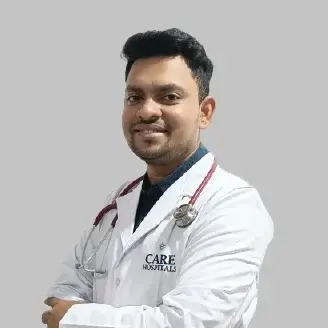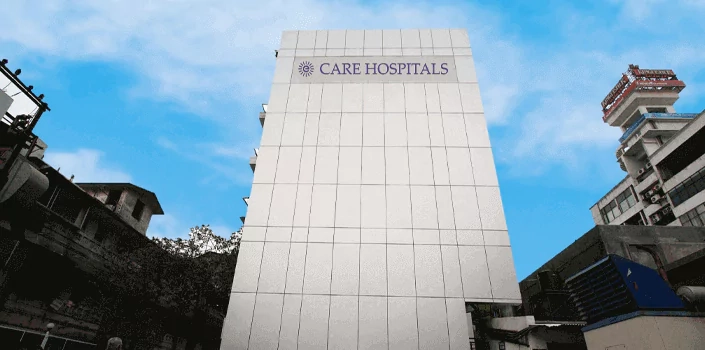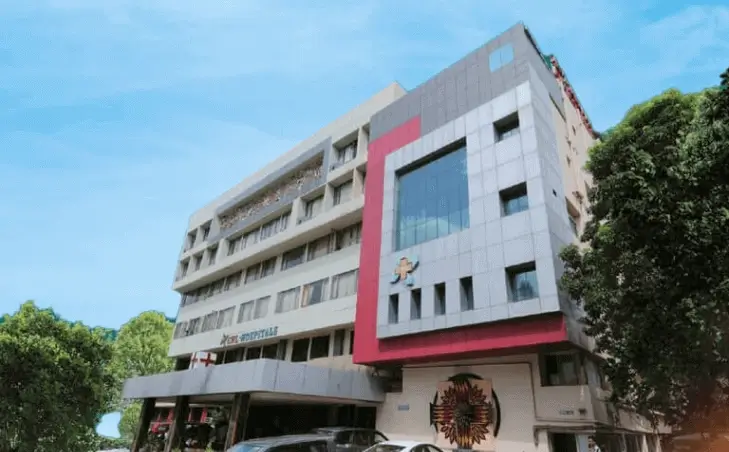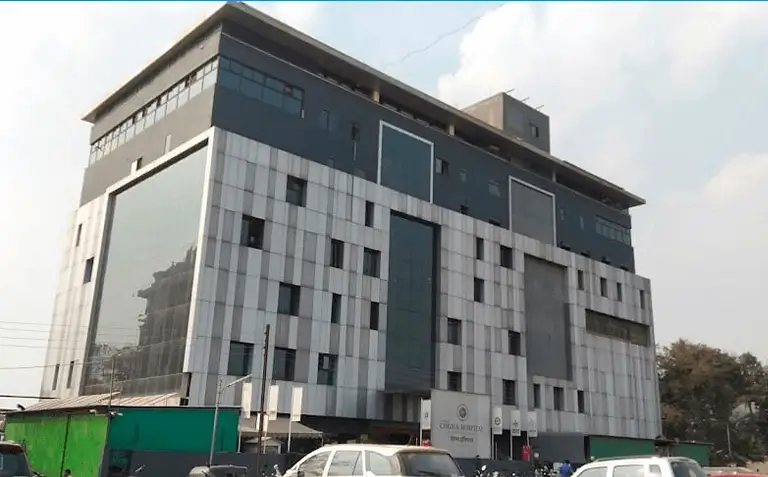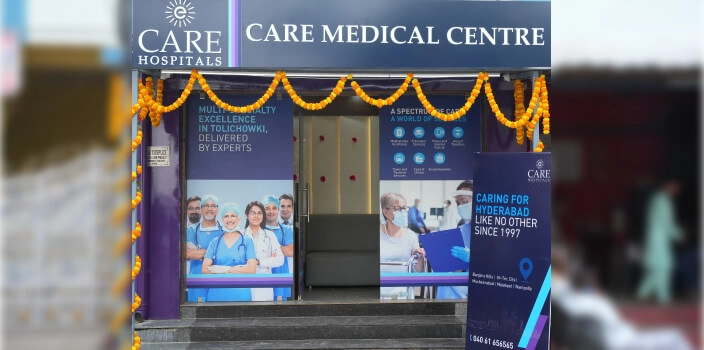-
Doctors
-
Specialities & Treatments
Centre of Excellence
Specialties
Treatments and Procedures
Hospitals & Directions HyderabadCARE Hospitals, Banjara Hills CARE Outpatient Centre, Banjara Hills CARE Hospitals, HITEC City CARE Hospitals, Nampally Gurunanak CARE Hospitals, Musheerabad CARE Hospitals Outpatient Centre, HITEC City CARE Hospitals, Malakpet
HyderabadCARE Hospitals, Banjara Hills CARE Outpatient Centre, Banjara Hills CARE Hospitals, HITEC City CARE Hospitals, Nampally Gurunanak CARE Hospitals, Musheerabad CARE Hospitals Outpatient Centre, HITEC City CARE Hospitals, Malakpet Raipur
Raipur
 Bhubaneswar
Bhubaneswar Visakhapatnam
Visakhapatnam
 Nagpur
Nagpur
 Indore
Indore
 Chh. Sambhajinagar
Chh. SambhajinagarClinics & Medical Centers
Book an AppointmentContact Us
Online Lab Reports
Book an Appointment
Consult Super-Specialist Doctors at CARE Hospitals

Best Hospital for Polytrauma Surgery in Hyderabad
- Advanced Technology
- Shorter Hospital Stay
- Pre & Post-Operative Care
- All Insurance Accepted

Chat With Our Experts
Get second opinion on Whatsapp
25 lakhs+
Happy Patients
Experienced and
skilled surgeons
17
Health Care Facilities
Top most Referral Centre
for Complex Surgeries
Advanced Polytrauma Surgery
Polytrauma surgery refers to the complex surgical management of patients who have sustained multiple traumatic injuries involving different parts of the body—such as the head, chest, abdomen, spine, and limbs—often due to accidents or falls. These patients are typically in critical condition and require rapid, coordinated care from a team of specialists. The goal of polytrauma surgery is to stabilize life-threatening injuries first, followed by staged surgeries to repair fractures and restore function. Advanced surgical techniques, ICU support, and a multidisciplinary approach are essential to improving survival and recovery in such cases.
Why CARE Group Hospitals is Your Top Choice for Polytrauma Surgery in Hyderabad
CARE Hospitals delivers exceptional polytrauma management through teams of specialists. The hospital's team-based approach makes it stand out in polytrauma treatment. They provide:
- Emergency trauma care teams ready around the clock
- Specialists who work together seamlessly
- Detailed assessment protocols to balance the treatment of multiple injuries
- Modern imaging facilities with trauma series X-rays, CT scans and MRIs
Their trauma units come equipped with operation theatres featuring C-arm imaging technology for precise surgeries. A network of ambulances ensures quick patient transport during the crucial "golden hour" after an injury.
Best Polytrauma Surgery Doctors in India


State-of-the-art Surgical Innovations at CARE Hospital
The surgical teams use advanced techniques to manage polytrauma cases:
- Damage control surgery reduces complications and stabilises fractures
- Early total care quickly stabilises major skeletal injuries
- Minimally invasive fixation helps patients recover faster
- Pre-peritoneal pelvic packing treats pelvic haemorrhage
These techniques help surgeons manage critical injuries by stabilising fractures while improving the patient's condition.
Conditions for Polytrauma Surgery
The surgical team handles multiple traumatic injuries that affect different body systems. These typically result from:
- High-velocity road accidents
- Falls from heights
- Industrial or workplace injuries
- Building collapses
Most patients arrive with head injuries, multiple fractures, internal bleeding, and major organ damage that need immediate surgery.
Types of Polytrauma Procedures
The hospital's expertise covers various procedures such as:
- Emergency fracture stabilisation and immobilisation
- Open reduction and internal fixation (ORIF) for broken bones
- Complex trauma management for multi-level fractures
- Limb salvage surgery in severe injuries
- Surgical interventions for traumatic brain injuries
- Treatment for compartment syndrome and crush injuries
The hospital also offers detailed rehabilitation programmes. These help patients regain mobility and function after polytrauma surgery.
About the Procedure
Polytrauma management needs careful planning and execution at every step. Each stage plays a vital role. The right approach leads to the best outcomes for patients with multiple traumatic injuries.
Pre-surgery Preparation
The ATLS protocol guides rapid assessment for polytrauma:
- Life-threatening injuries need immediate attention in the primary survey
- Secondary survey spots all remaining injuries
- Full-body CT scans and blood work give the complete picture
- Teams meet to plan surgical priorities
Polytrauma Surgical Procedure
Surgery follows a step-by-step approach:
- Life-threatening issues get fixed first with damage control surgery
- Stopping blood loss is the top priority
- Fractures get temporary fixes before final repair
- Different surgical teams can work together on multiple injuries
Post-surgery Recovery
Recovery happens in clear stages:
- Patients stay under close watch in intensive care for the first 24-48 hours
- Multiple methods help manage pain effectively
- Movement starts as soon as it's safe
- Rehabilitation begins in the hospital and continues at home
Risks and Complications
Some possible complications include:
- Infections where surgery was done
- Blood clots from staying still for too long
Benefits of Polytrauma Surgery
Quick surgery helps patients in many ways:
- Stops more damage and problems from developing
- Gets body parts back in the right position
- Lowers the chance of lasting disability
- Gives patients a better chance of survival
- Faster return to normal activities
- Lower chance of complications
Insurance Assistance for Polytrauma Surgery
Hospitals help patients with insurance by providing:
- Staff who know insurance inside out
- Help getting pre-approval
- Support with claim paperwork
- Money-related advice
Second Opinion for Polytrauma Surgery
Getting another doctor's view makes sense because:
- Complex cases need different points of view
- Different surgeons might suggest different plans
- Some approaches might work better for you
Conclusion
Polytrauma surgery saves the lives of patients with multiple severe injuries. Treatment methods have definitely evolved through the years. What was once deadly has become much more survivable today. CARE Hospitals excels in this field with their 24/7 emergency services and team-based approach.
Quick action and careful planning determine the success of polytrauma management. CARE Hospitals helps patients navigate the insurance process, making treatment more available during critical moments. Their detailed rehabilitation programmes ensure patients recover function after surgery.
Polytrauma Surgery Hospitals in India
-
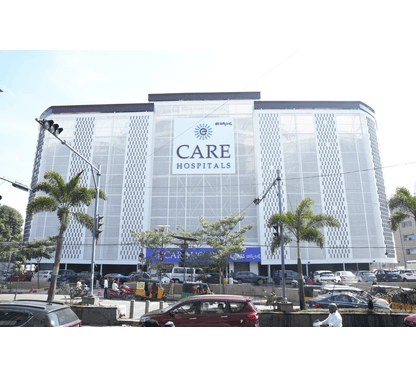
CARE Hospitals, Banjara Hills, Hyderabad
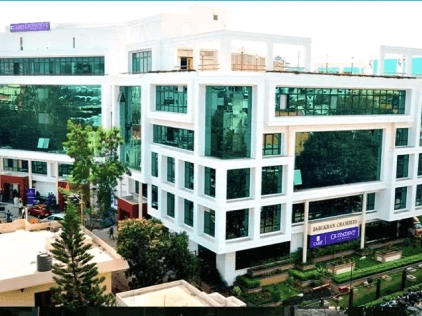
CARE Hospitals Outpatient Centre, Banjara Hills, Hyderabad
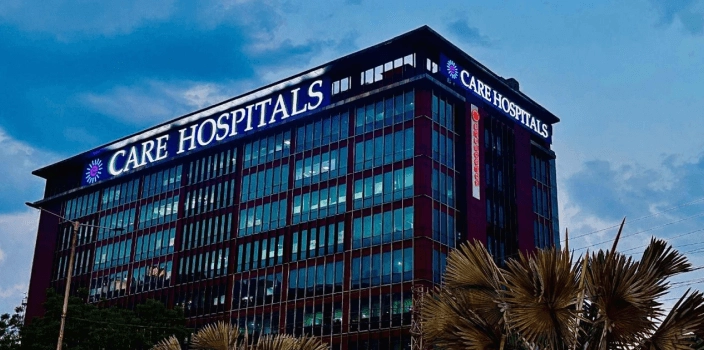
CARE Hospitals, HITEC City, Hyderabad
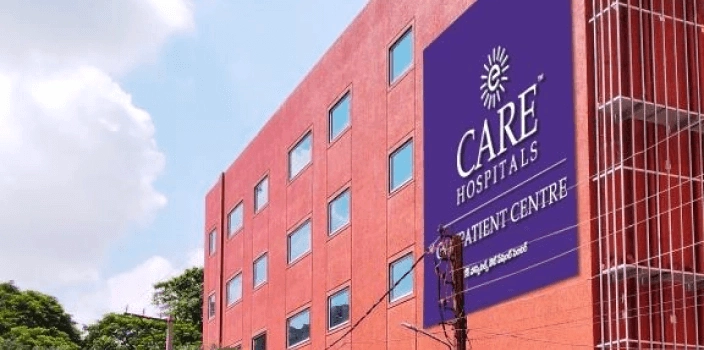
CARE Hospitals Outpatient Centre, HITEC City, Hyderabad
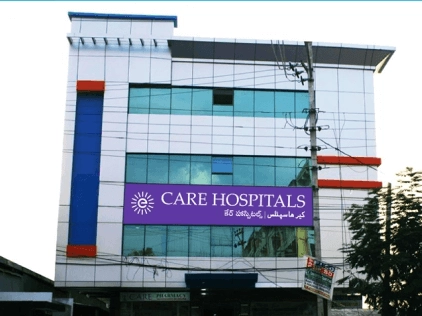
Gurunanak CARE Hospitals, Musheerabad, Hyderabad
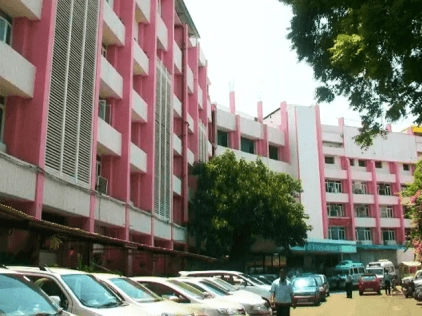
CARE Hospitals, Nampally, Hyderabad
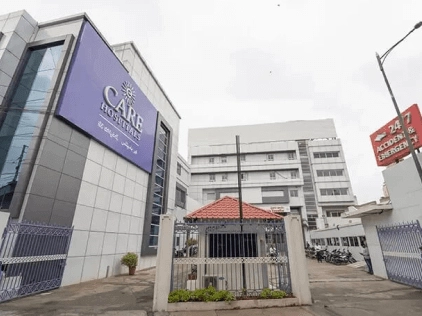
CARE Hospitals, Malakpet, Hyderabad
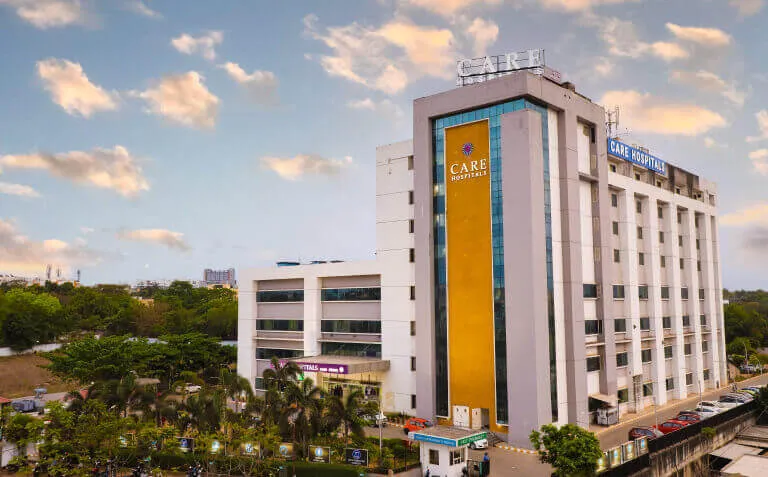
CARE Hospitals, Bhubaneswar
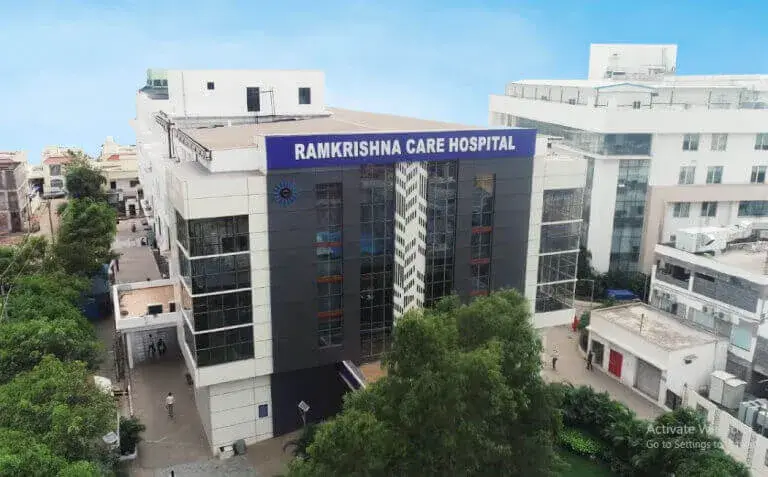
Ramkrishna CARE Hospitals, Raipur
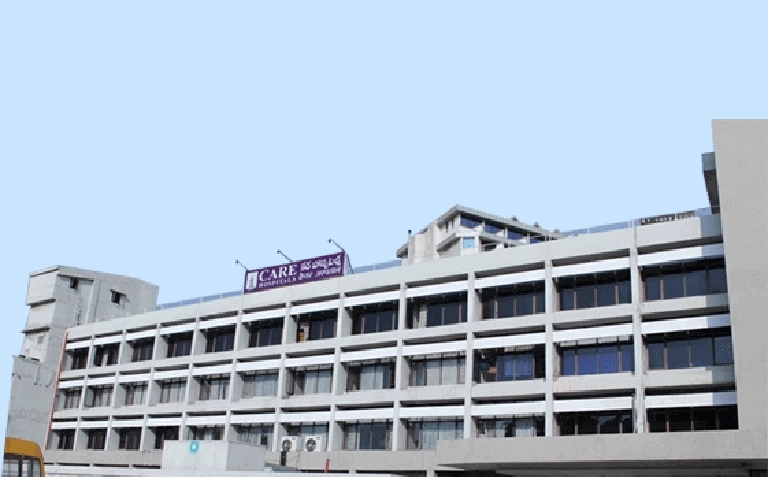
CARE Hospitals, Ramnagar, Visakhapatnam
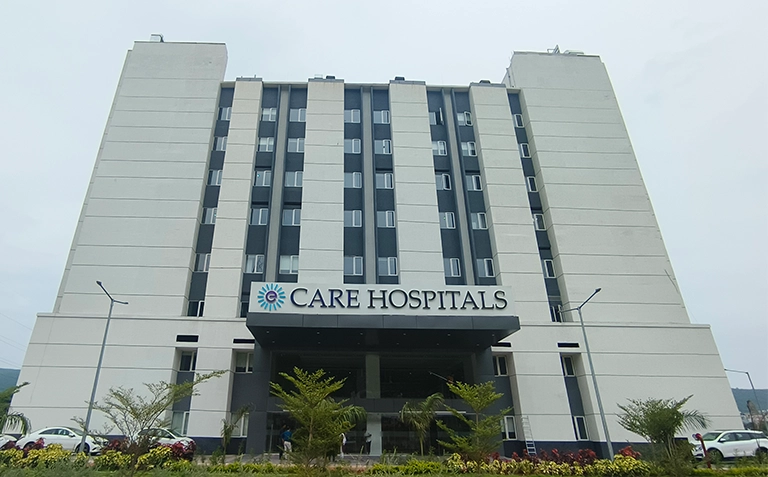
CARE Hospitals, Health City, Arilova
Related Surgeries
- Best Hospitals for Laminectomy Surgery in Hyderabad
- Best Hospital for VP Shunt Surgery in Hyderabad
- Best Hospital for Polytrauma Surgery in Hyderabad
- Best Hospitals for Cervical Spondylosis Surgery in Hyderabad
- Best Hospital for Brain Haemorrhages Surgery in Bhubaneswar
- Best Hospital for Lumbar Canal Stenosis Surgery in Bhubaneswar
- Best Hospital for Brain Tumor Surgery in Bhubaneswar
- Best Hospitals for Lumbar Disk Surgery in Bhubaneswar
- Best Hospital for Stroke Surgery in Bhubaneswar
- Best Hospital for Spinal Fracture Treatment in Bhubaneswar
- Best Hospital for Traumatic Head Injury Surgery in Bhubaneswar
- Best Hospital for Trigeminal Neuralgia Surgery in Bhubaneswar
- Best Hospital for Microvascular Decompression Surgery in Hyderabad
- Best Hospital for Complex Brain Tumour Surgery in Hyderabad
Frequently Asked Questions
Polytrauma surgery treats multiple traumatic injuries affecting two or more body systems or organs. The surgical team follows a specific sequence:
- Life-saving operations come first to control bleeding and reduce brain pressure
- The team stabilises fractures and treats soft-tissue damage within 24 hours
- Additional procedures wait until the patient's condition stabilises
Surgery time varies based on how severe the injuries are and the patient's stability. The process usually happens in phases:
- Emergency procedures typically last 1-2 hours
- Doctors review the patient's condition if surgery goes beyond 2 hours
- The patient might need more surgeries after becoming stable
Yes, polytrauma surgery qualifies as major surgery because it:
- Deals with multiple injuries throughout the body
- Requires teams of specialists working together
- Usually involves several separate operations rather than just one
Key risks include:
- Surgical site infections
- Sepsis or pneumonia development
- Deep vein thrombosis
- Organ failure due to physical stress
Recovery times vary significantly among patients:
- The initial ICU phase might last days or weeks
- Hospital stays range from weeks to months based on injury severity
- Rehabilitation continues after leaving the hospital
- Complete recovery could take months or years
Patients might experience:
- Physical limitations from broken bones or lost limbs
- Brain injury effects
- Mental health challenges like depression and PTSD
- Ongoing pain management requirements
- Need for future corrective surgeries
Still Have a Question?



